Long-Term Stability of Coastal Forests Revealed in New Study
A new scientific article from our team, published in the journal Quaternary, explores how Latvia’s coastal vegetation developed and responded to climate and human activity over the last 10,000 years. The research reveals that Latvia’s coastal forests have remained remarkably stable for thousands of years, particularly during the middle Holocene when broadleaved trees like oak, lime, and hazel dominated the landscape in other locations. The findings are based on sediment core analysis from a site near the Gulf of Riga, using pollen and sediment data to track how vegetation and land use have changed since the last Ice Age.
Why does this matter?
The long-term resilience of coastal forests under past climate shifts shows that these ecosystems are naturally stable, until human pressure increases. This study provides a valuable reference for what "natural" forest conditions look like, helping guide conservation and restoration in the coastal zone of Latvia and beyond.
Read the full article: Influence of geological and soil factors on pine, birch, and alder stability during the Holocene climate change in central Latvia, Northeastern Europe.
New Research on Peatland History in Latvia
The Lake and Peatland Research Centre is proud to share the results of a new scientific article published in the journal Catena, titled "Climate change impact on peatland dynamics during the Holocene in Latvia". This study brings together long-term data from 26 peatlands across Latvia (Fig.1) to understand how these unique ecosystems have formed and evolved over the past 11,000 years.
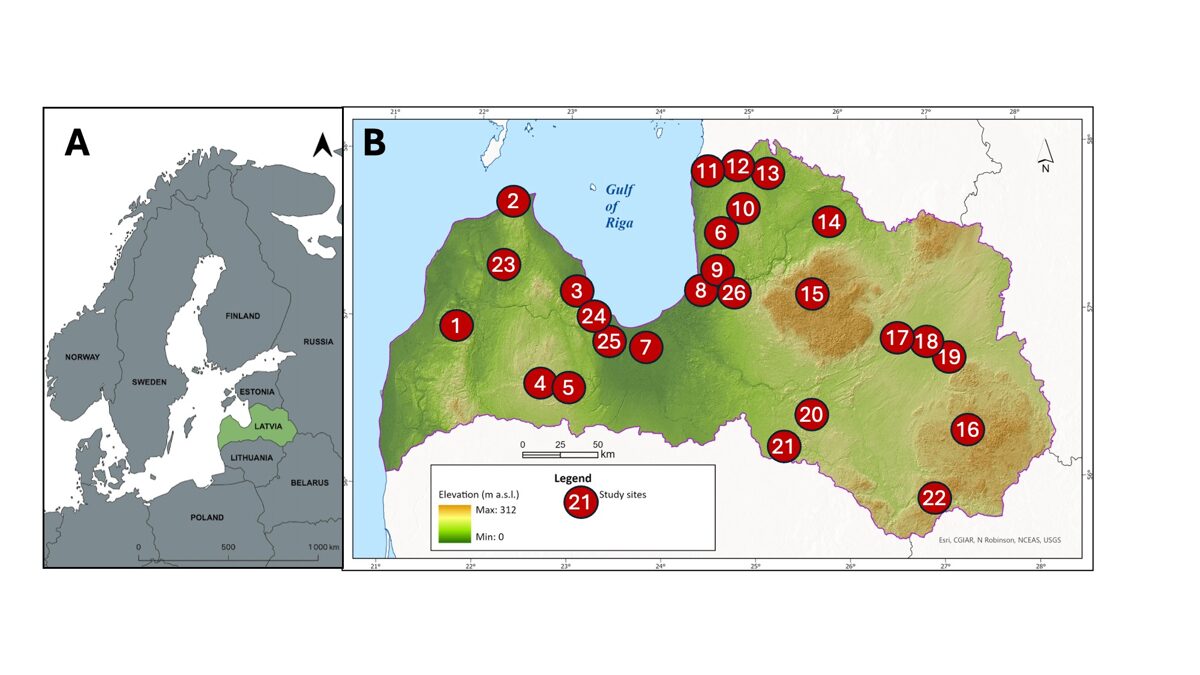
Figure 1: Peatland study sites across Latvia. Each red circle marks a location where data were collected.
Rising Temperatures May Reduce Carbon Storage in Wetlands
A new global study suggests that rising temperatures may reduce the amount of carbon stored in wetlands and bogs. This conclusion was reached by an international team of 110 scientists who studied the decomposition rates of green and rooibos tea in 180 wetlands across 28 countries to evaluate the carbon storage capacity of bogs (Figure 1).
 Figure 1.
Experimental sites included in the study.
Figure 1.
Experimental sites included in the study.
The study, published in the prestigious journal Environmental Science and Technology, included contributions from scientists Ilze Ozola, Ieva Grudzinska-Elsberga, and Normunds Stivrins from the Lake and Peatland Research Centre. In Latvian peatlands, two types of tea bags were buried at a depth of 15 cm, and the changes in organic matter volume were measured over a three-year period. The results were then used to calculate carbon retention trends (Figure 2), which complemented the global data set from other wetlands and peatlands.
There are less fen peatlands in Latvia than we considered

Without doubt, Latvia's peatlands play an important role in both meeting the country's climate goals and preserving natural diversity. According to the Latvian Centre of Environment, Geology and Meteorology, approximately 10-15% of Latvia's territory is covered by peatlands, which are more precisely defined as deposits. From a current Latvian geological terminology, a peat deposit is defined as an area of at least 2 ha with a peat thickness of at least 30 cm. The 2023 report of the State Audit Office of the Republic of Latvia on "Management of mineral resources in Latvia" states that the lack of data makes it difficult or impossible to fully develop sustainable policies regarding natural recourses.
Microplastics in Latvian lakes
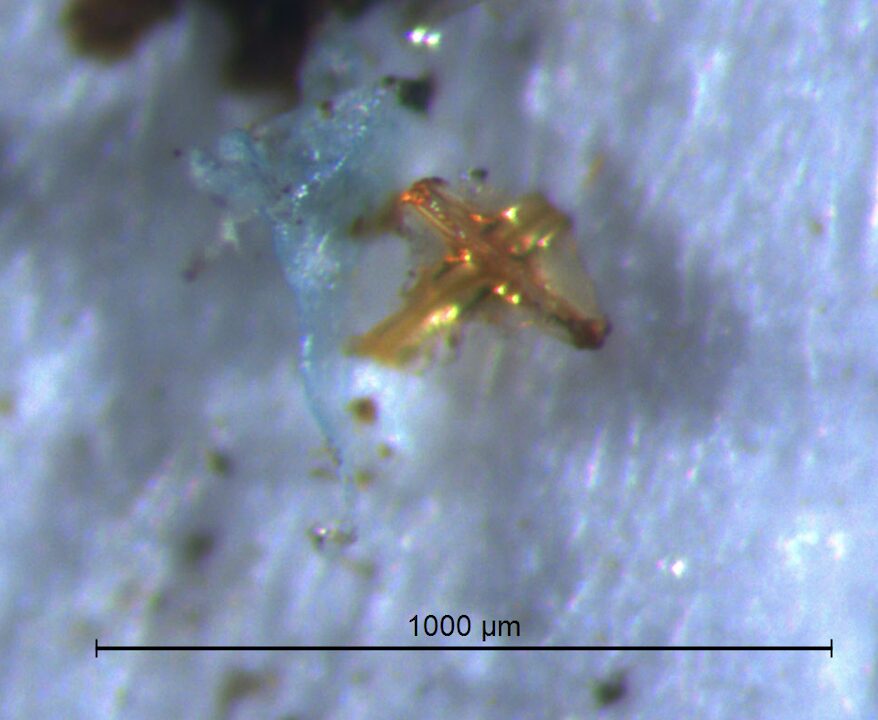
An international team of researchers (including members of the Lake and Peatland Research Centre) studying the sediments of three Latvian lakes (Usma, Sekši, Pinku) has concluded that the presence of microplastic particles in a particular sediment layer is not indicative of the time when it was produced or released into the environment, as microplastic particles tend to move deeper into the sediment. For example, biodegradable plastics such as polylactide (PLA) were only commercially produced in the 1990s, but can be found in Latvian lake sediments even in layers dating back to the 18th-20th centuries (1733-1813 in Lake Pinki, 1900-1925 in Lake Usma).
The publication of the study in Science Advances is available at: https://www.science.org/doi/10.1126/sciadv.adi8136
LPRC becomes a member of the Latvian National Peat Society
Epicentrs now available on youtube
Black Death Mortality not as Widespread as Long Thought
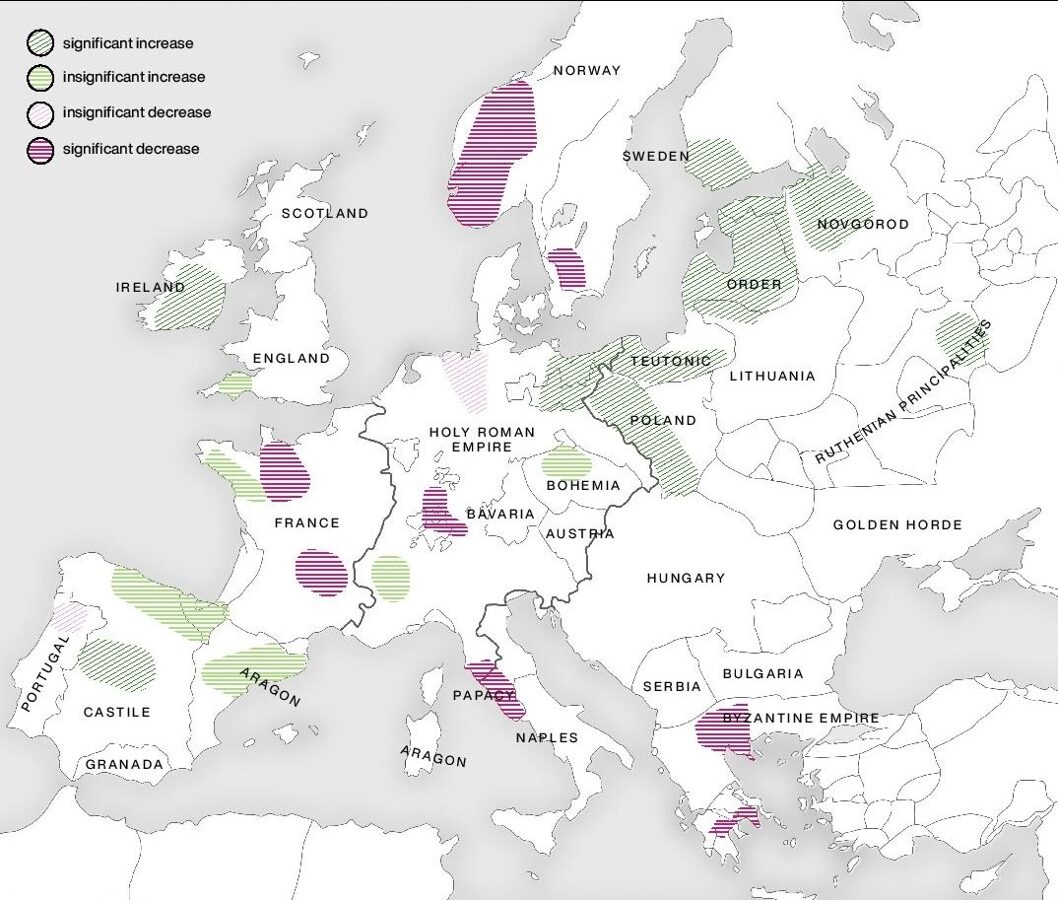 Pollen data from 19
modern European countries reveals that although the Black Death had
a devastating impact in some regions, parts of Europe experienced
negligible or no impact at all.
Pollen data from 19
modern European countries reveals that although the Black Death had
a devastating impact in some regions, parts of Europe experienced
negligible or no impact at all.
A new study in the journal Nature Ecology and Evolution uses pollen data to evaluate the second plague pandemic’s mortality at a regional scale across Europe. Results show that the impacts of the Black Death varied substantially from region to region and demonstrate the importance of cross-disciplinary approaches for understanding past – and present – pandemics.
Legislation scheme on the extraction of mineral resources
A short time ago I was involved in a project on EU legislation on the extraction of mineral resources. My section was on the laws and regulations in Latvia. Unfortunately, the European Commission has not yet given its approval to publish the report of the study and, consequently, for the time being, I can’t publish also my report for this study. However, I will share a small part of the results – the legislation scheme on the extraction of mineral resources.
It is not easy to navigate in the legislation jungles in Latvia. Let this scheme serve as a landmark for those brave who are ready to take a risk and DIG!
Please download scheme here.
TeaComposition H2O initiative
Lake and Peatland Research Centre is the only organization from Latvia taking part in the TeaComposition H2O initiative that aims to tease apart the factors that make some ecosystems greenhouse gas emitters while others carbon-sequestering ecosystems. TeaComposition H2O is a global-scale analysis of litter decomposition within wetland ecosystems using household tea bags or Tea Decomposition by monitoring how fast tea bags buried in the soil decompose. There are over 350 sites around the world located in 35 countries and the project will last for three years. For more information read later or see http://www.bluecarbonlab.org/teacomposition-h2o/

map from:
http://www.bluecarbonlab.org/teacomposition-h2o/
Post author: N. Stivrins
Whats new in peat industry? Baltic Peat Producers Forum 2017
Meanwhile planted Sphagnum is waiting for spring..
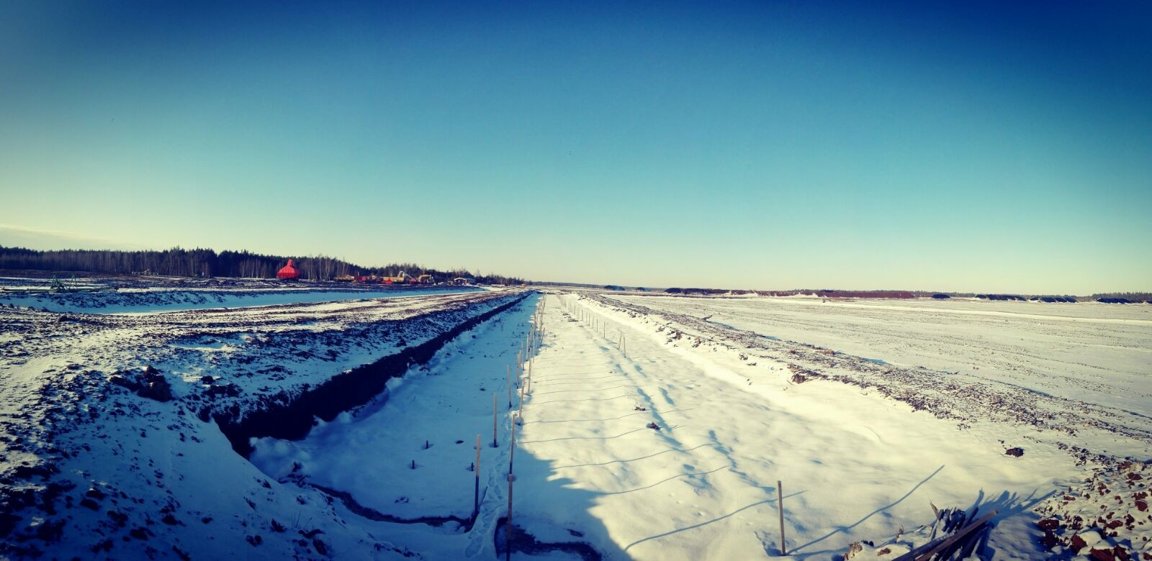
Photo © Emīls Steprāns 09.02.2017.
First Sphagnum planted
Over the last few days we have planted 0.13 ha of Sphagnum. More to come.
Sphagnum farming in Latvia
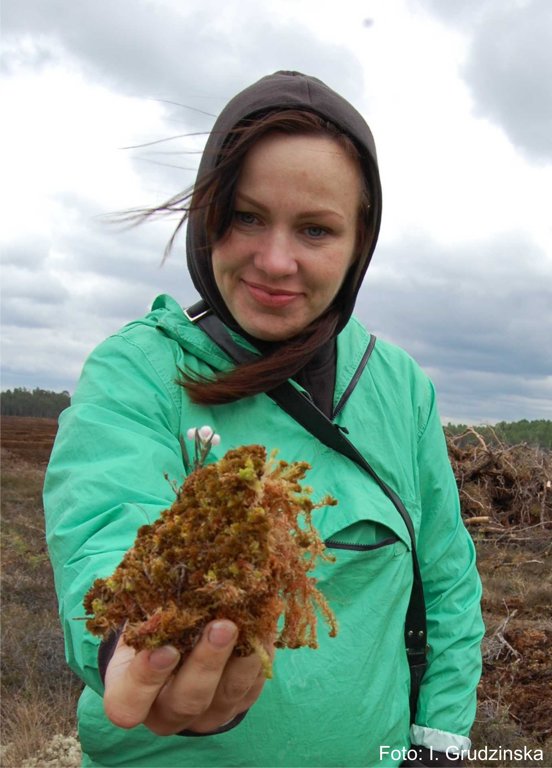
Lake and peatland research centre together with LLC "Laflora" start Sphagnum farming in Bog Kaigu, Latvia. For more information follow upcoming updates.
Establishing Lake and Peatland Research Centre
At the moment the main novelty is establishment of the Lake and Peatland Research Centre on 2016 February 2 - World Wetlands Day.